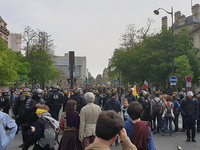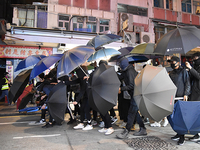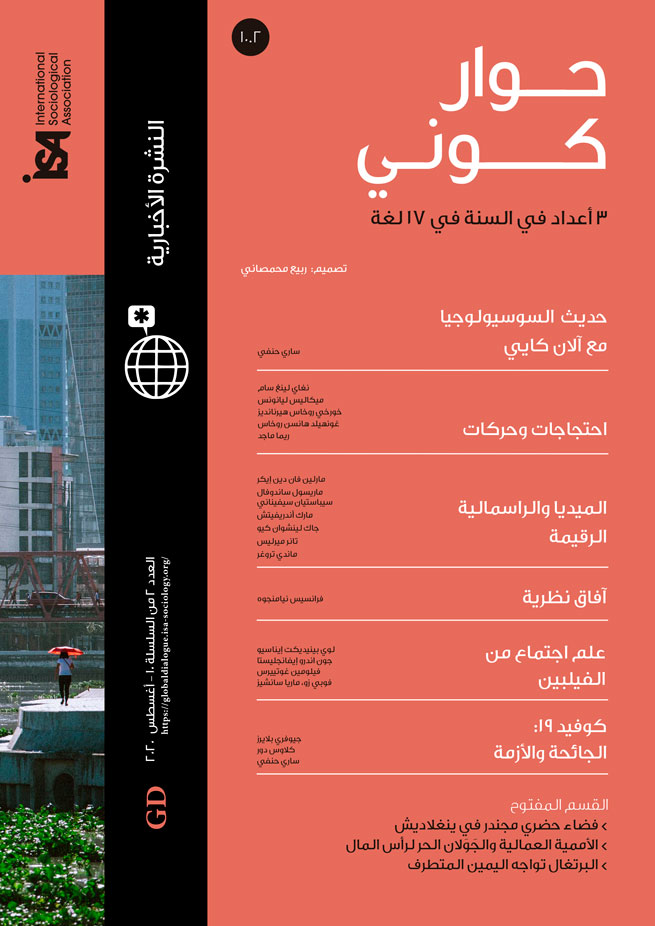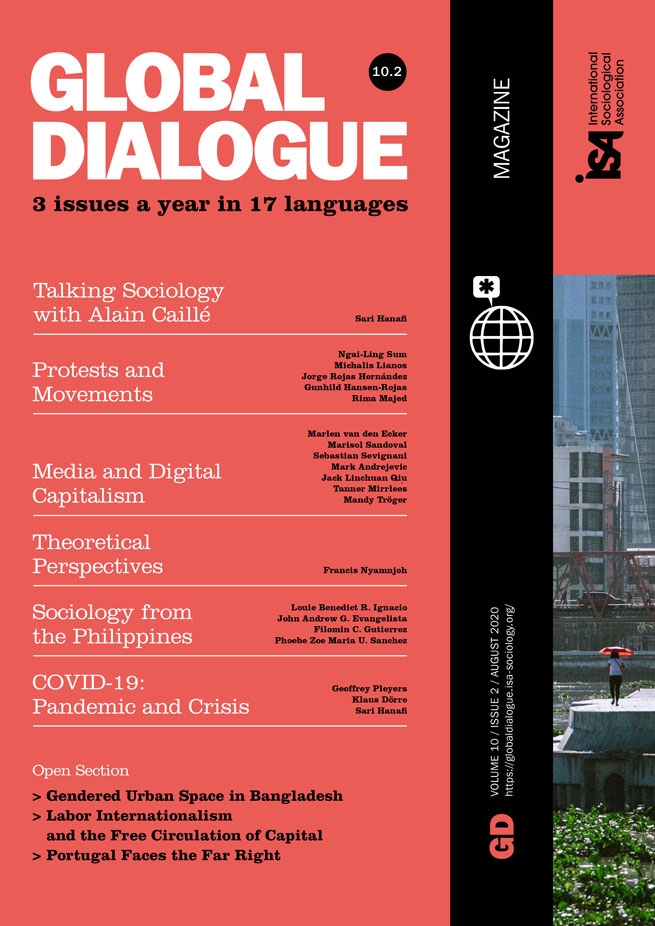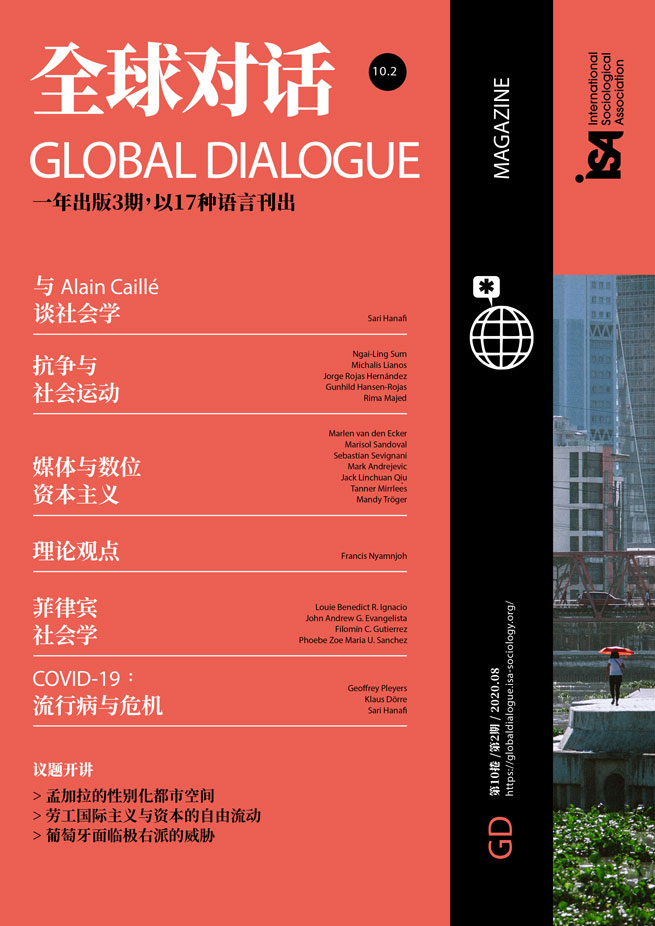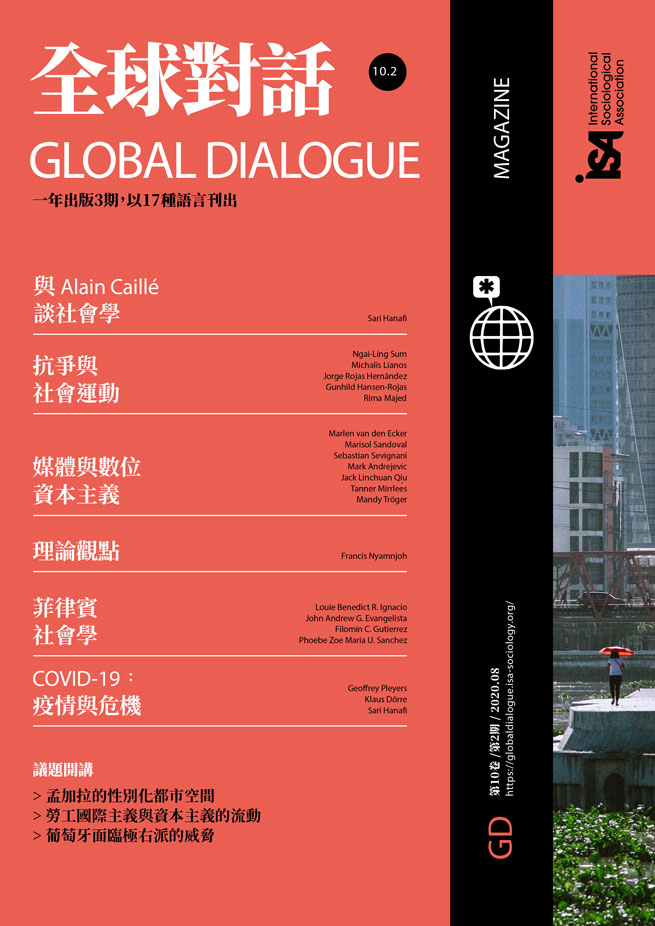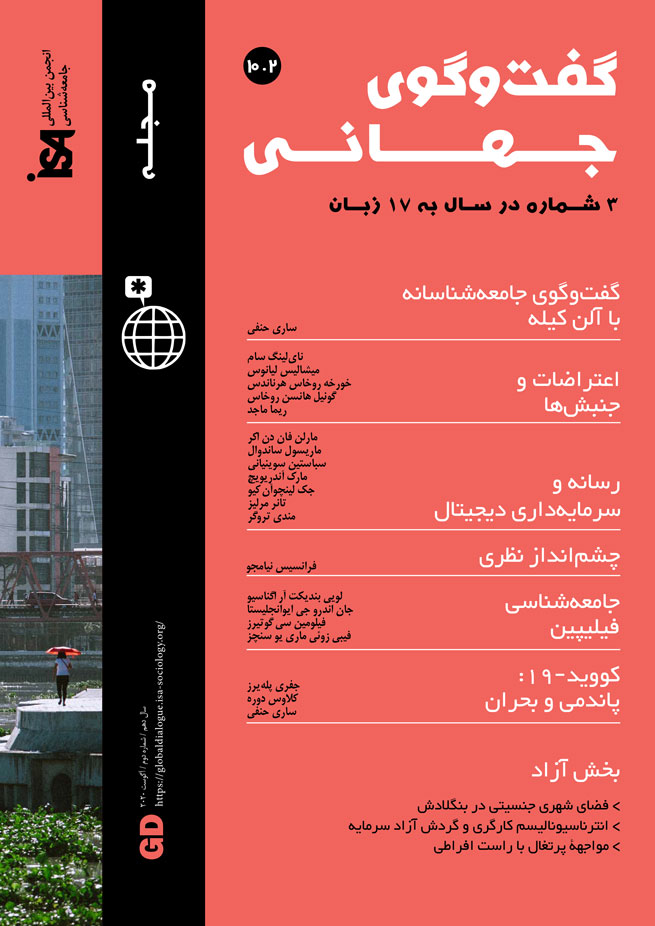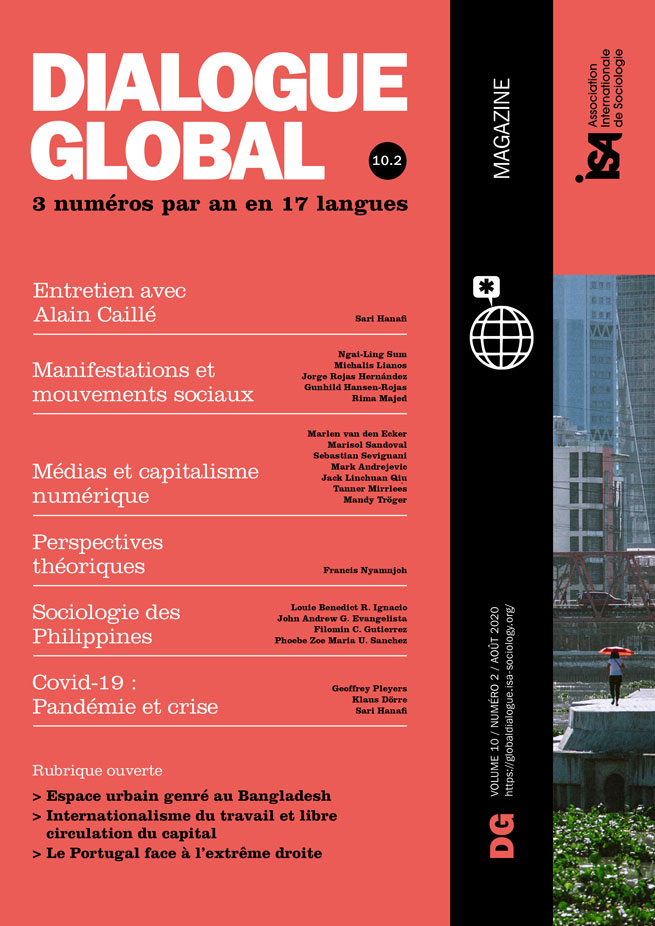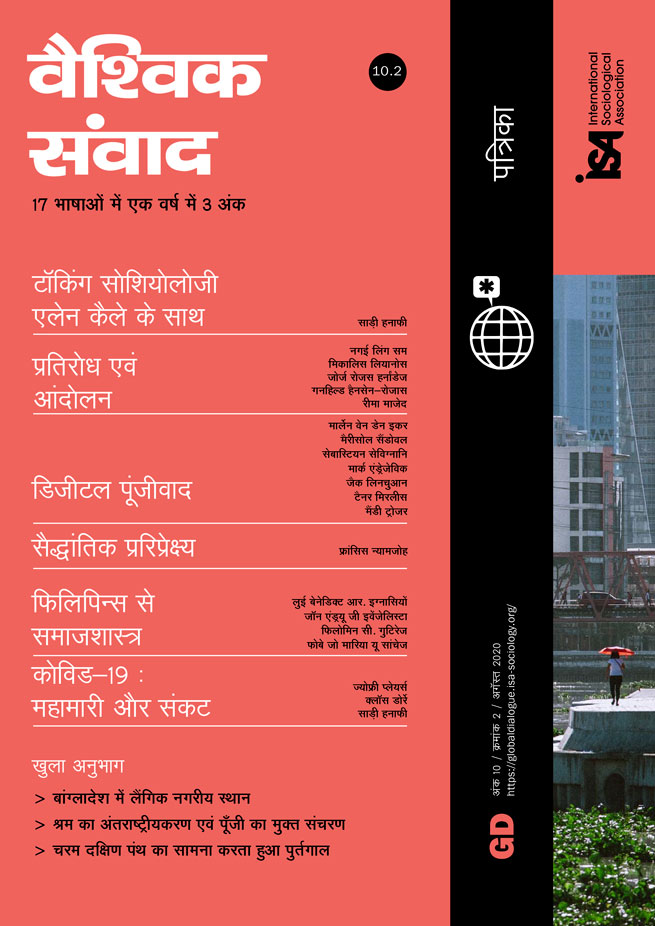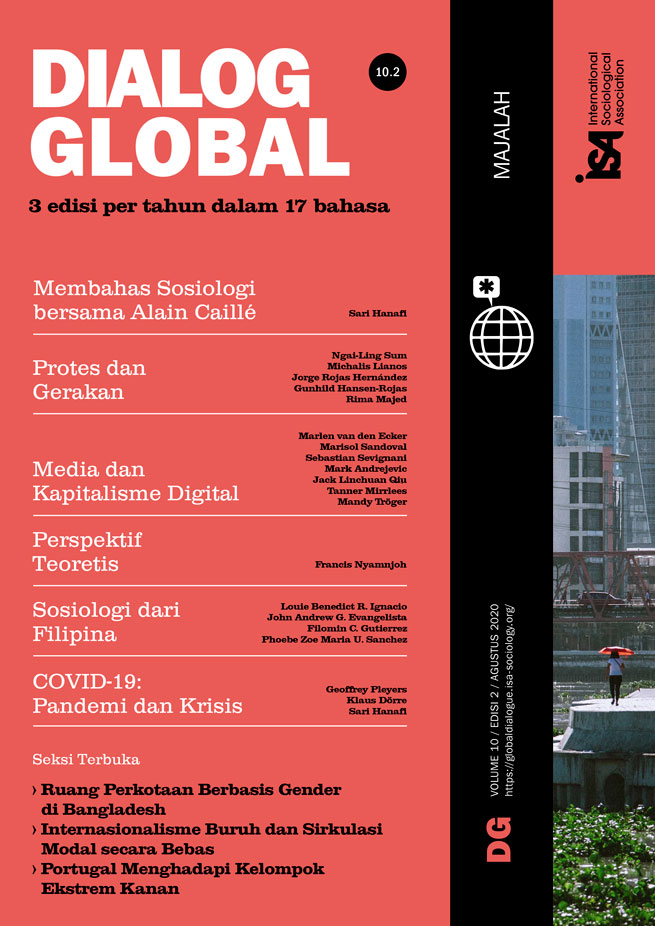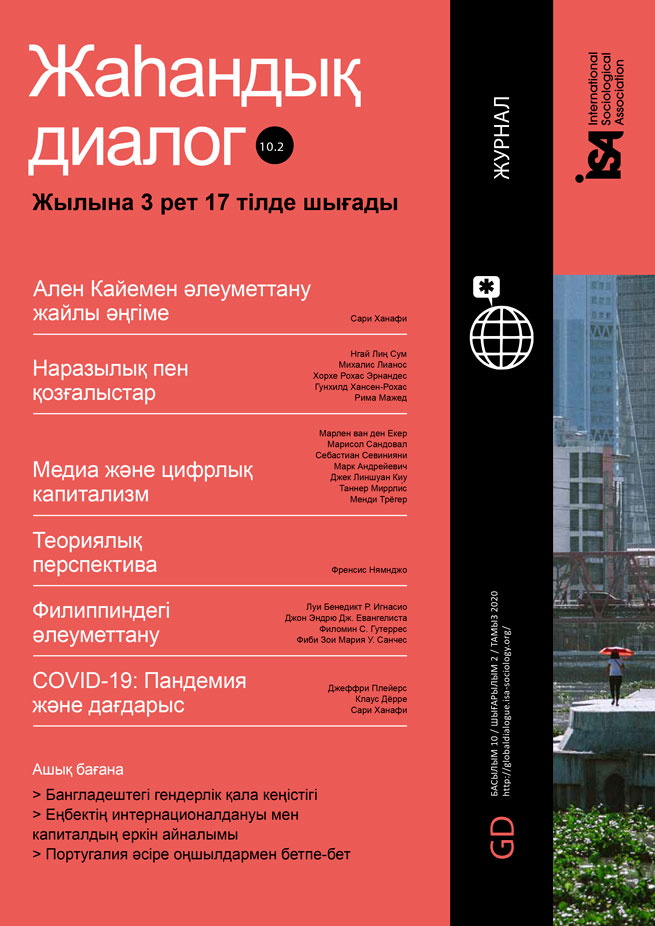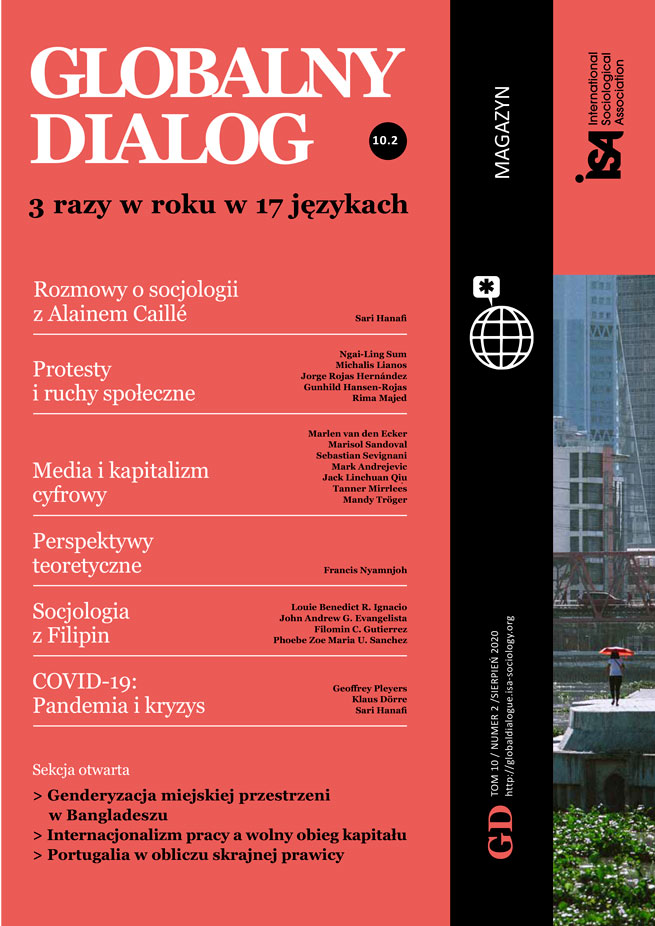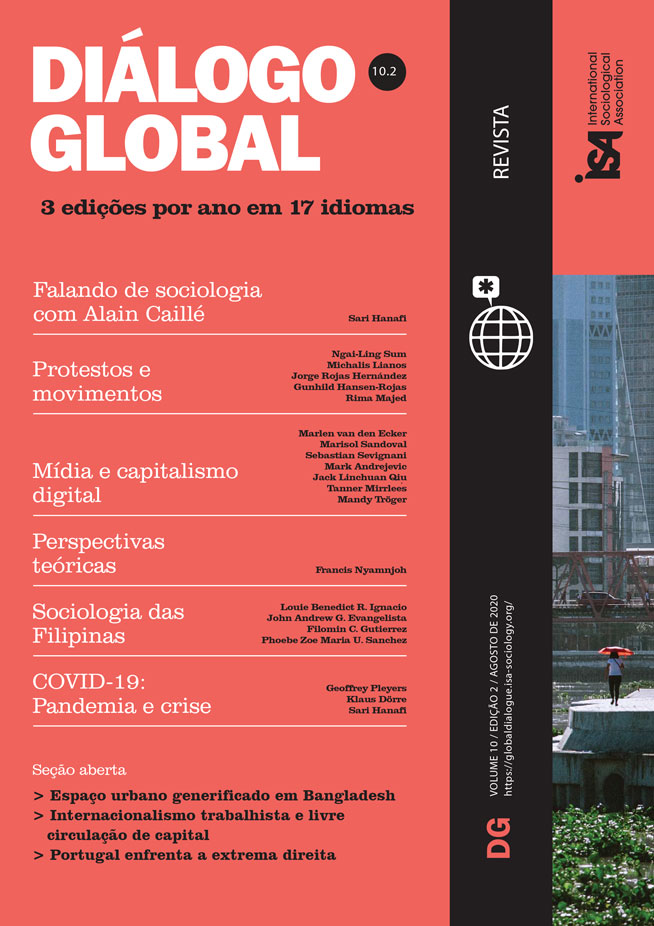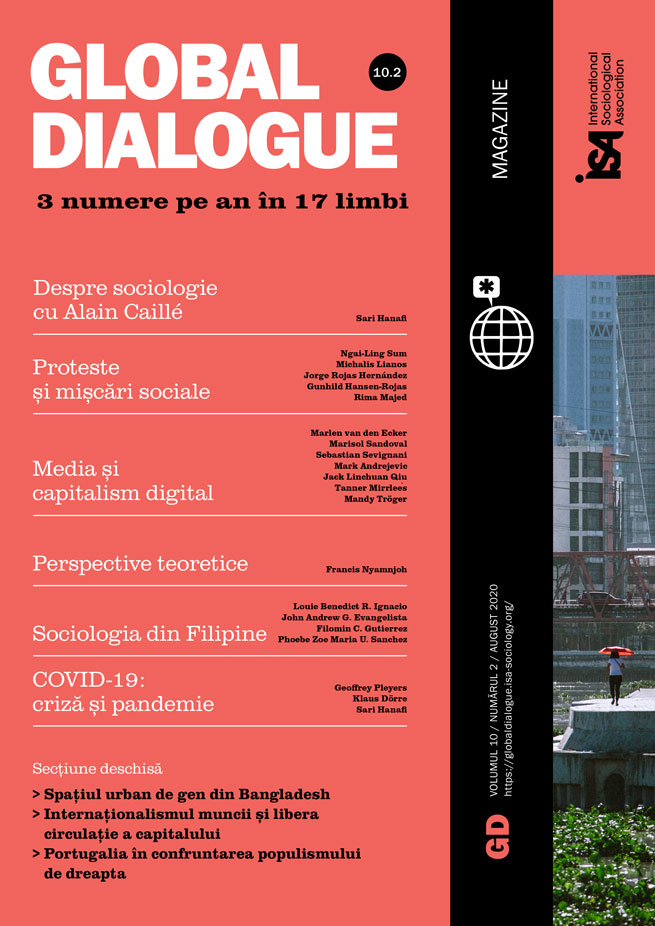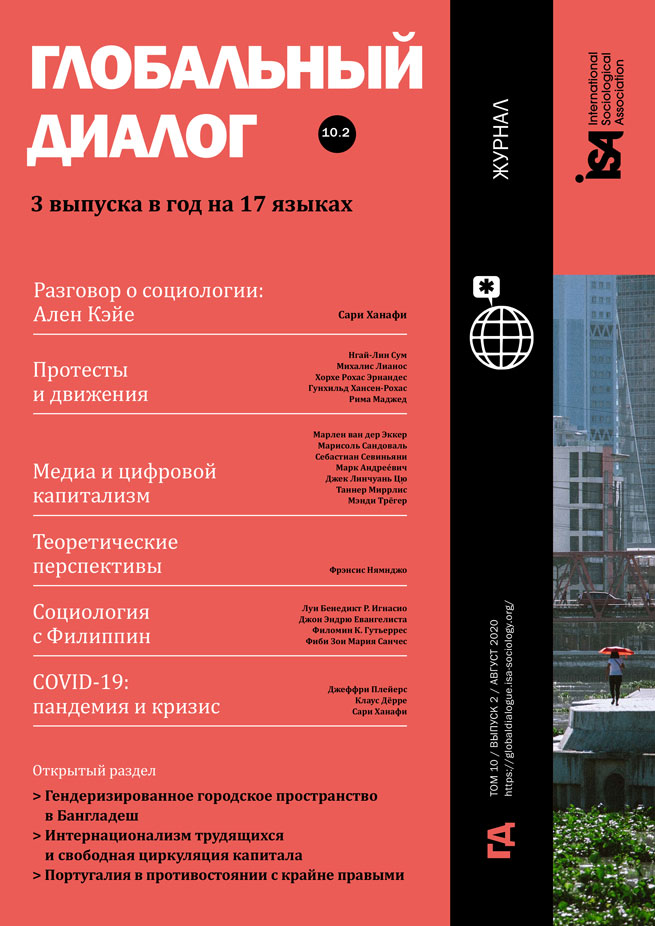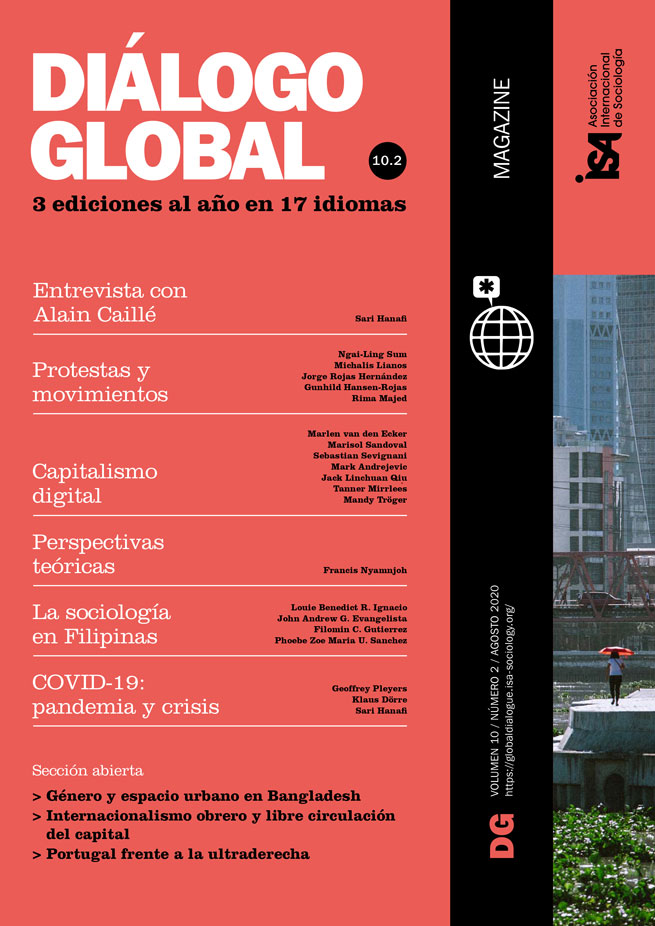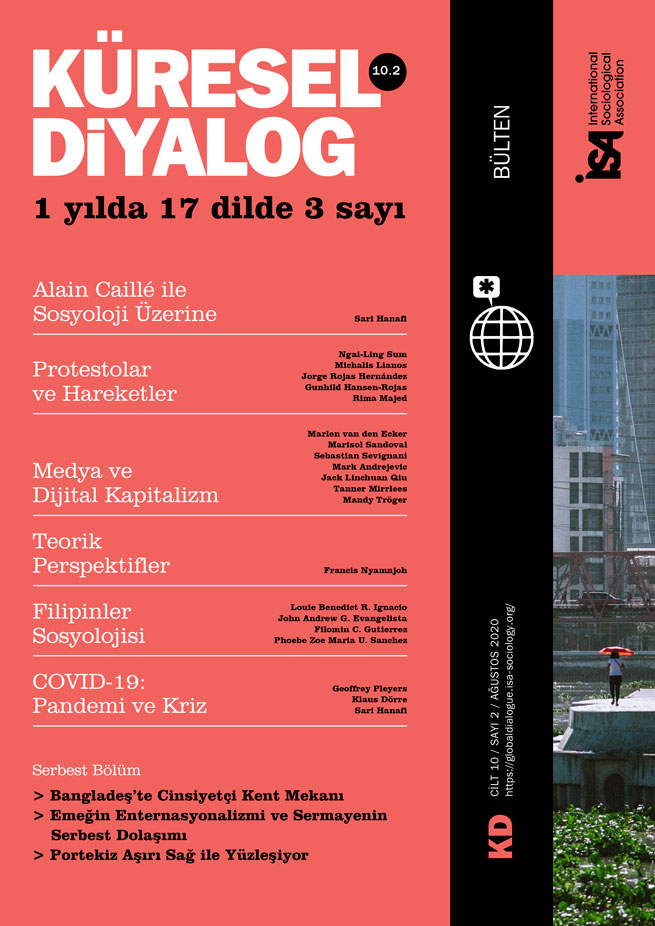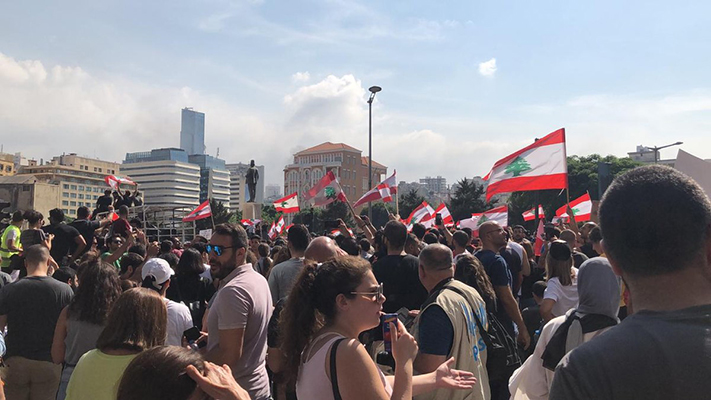October 2019 witnessed the eruption of unprecedented mass mobilizations in both Iraq and Lebanon. Like wildfire, the protests spread rapidly across both countries and attracted hundreds of thousands, if not millions, of protesters within days. At the core of the demands were questions of unemployment, unfair taxation, widespread corruption, lack of basic services such as water and electricity, and bad governance. While this was not the first time such demands were voiced in the streets, the protests of October 2019 were clearly different in scope and magnitude from any previous movement. In Lebanon, like in Iraq, these uprisings were quickly dubbed “revolutions” – marking a stark rupture with previous waves of mobilization such as the 2011 and 2015 protests in both countries.
While these uprisings might not fall under the traditional social movement literature definition of “revolutions” – since they have not overthrown the regime as a whole – it is important to think in terms of a revolutionary process, rather than of revolutions as events that either succeed or fail. In fact, the October uprisings of Iraq and Lebanon came in the context of over a decade of cyclical mobilization in both countries in which the year 2015 formed an essential turning point with anti-regime mobilizations based on socio-economic demands, beyond the overemphasized lens of identity politics. Moreover, these revolutionary “social explosions” clearly erupted in the context of a “second wave of Arab uprisings” that had started in late 2018 in Sudan and Algeria and managed to topple two dictators.
However, what makes the Iraqi and Lebanese cases comparable, and different from those of the rest of the Arab region since 2011, is the political system that the protesters in these two countries are trying to topple. While revolutions in the Arab world have all taken place in countries with authoritarian regimes or monarchies, Lebanon and Iraq are the only cases where uprisings erupted in a political system known as consociational democracy – an identity-based (sectarian and ethnic) power-sharing arrangement where the regime does not have one clear “head” to be toppled. This – together with neoliberalism, sectarian clientelism (known as muhasasa), and the legacy of civil wars and violence – made the path of these uprisings more difficult to discern.
Sectarianism versus nationalism: Missing the point?
Since October 2019, the main squares of Lebanon and Iraq have been filled with protesters waving the national flag and singing the national anthem, a move often adopted by protesters in these countries to express a rejection of sectarian and ethnic divisions, and to highlight “co-existence” and “national unity” despite diversity. However, is nationalism necessarily the opposite of sectarianism?
Decades of literature on sectarianism and nationalism show that these two phenomena are not necessarily opposites, since nationalism has often been deployed with a sectarian connotation. For example, Arab nationalism has often been associated with a Sunni overtone, while Lebanese nationalism has historically been linked with a Christian connotation. However, it is still widespread at the societal level to deploy nationalism as a sign of rejection of sectarianism. The uprisings in both Iraq and Lebanon clearly grappled with the question of sectarianism through the longing for an “imagined nation” as a remedy.
In Iraq, the movement started in early October following a call for mobilization by a group under the name of Nazel Akhod Haqqi (I am Mobilizing to Take my Right). The main slogans in the squares of Iraq were “the people want to overthrow the regime” echoing the famous chant from 2011, and “we want a homeland”. In demanding a “homeland” or a “country” or “nation,” the protesters were hinting at the desire for a state that is able to serve its citizens and provide a sense of belonging beyond the sectarian and ethnic fragmentation.
In Lebanon, a similar process of re-imagining the “nation” was observed. While the uprising started following a governmental decision to impose new taxes – including a tax on WhatsApp calls – the squares were quickly filled with the national flag, and the Lebanese anthem was repeatedly heard. While the main slogans also included the famous “the people want to overthrow the regime,” a more custom-made slogan was added: “All Means All,” referring to a rejection of the sectarian power-sharing system and denouncing all leaders, regardless of their sectarian belonging. Like in Iraq, the rejection of sectarianism was expressed through a desire to get rid of all sectarian leaders and to build a “country,” a “state,” and a “nation” that protects its citizens and treats them equally and justly.
While many believe that the levels of corruption and inequality in both countries are the result of the sectarian system, this approach overlooks the important role of the economic system (neoliberalism) in creating the crisis that led to these uprisings. A major challenge for the movements in Iraq and Lebanon today is to fight the two pillars of their sectarian-neoliberal regimes simultaneously: keeping the focus on the demand for socio-economic justice and a welfare state, while also rejecting the system of sectarian power-sharing.
Neoliberalism and discontent: In search of a lost “we”
Neoliberalism flourished in post-war Lebanon (post-1990) and post-invasion Iraq (post-2003). The rolling back of the state and the increase in sectarian clientelism was coupled with a neoliberal political culture that focused first and foremost on individualism. This political culture not only shaped the state and society at large, but was also reflected in the nature of activism and dissent that emerged.
While many activists have been active in social movements and campaigns over the past decades, it is noticeable that some of the biggest and most effective initiatives were largely framed around the individual. For example, one of the main electoral campaigns that grew out of the 2015 mobilizations in Lebanon was Beirut Madinati (Beirut, My City). Instead of emphasizing a collective “our” that rethinks the city as a shared space for all and defies the individualist logic of neoliberalism, the name emphasized an individual relationship with the city. Similarly, in the aftermath of the financial collapse in 2019, activists in the Lebanese uprising sprayed graffiti on the windows of banks saying “Give Me Back My Money” instead of “Give UsBackOur Money.” While the collective anger against the banks was clear, the political culture that shapes activism is still the product of the very system it is fighting against.
Many campaigns have also emphasized a legal and rights-based approach that seems to be detached from the realities of both Lebanon and Iraq. In both countries, the legal and judicial systems are very weak and corrupt, and people have little trust in them. Therefore, the language of “rights” and “obligations” does not occupy a central space in the political imaginaries of people in those countries. However, several prominent political movements and campaigns have centered individual “rights” as the locus of their activism. A few examples include the previously mentioned campaign in Iraq “I am Mobilizing to Take My Right”; or the very active political group in the Lebanese uprising called Li Haqqi (For My Right). This emphasis on individual rights speaks to the longing for a fantasized modern nation-state where state institutions can preserve individual rights equally beyond corruption and sectarian clientelism.
A further consequence of the sectarian-neoliberal system in both Iraq and Lebanon has been the absence of political organizations or unions representing a political alternative that can serve as a scaffold for the uprising’s transition into a new political system. With the recent spread of COVID-19 in both countries, the emergence and organization of a lost “we” is a priority to defeat a system that is clearly unable to protect society, either from economic disasters, or from health pandemics.
Rima Majed, American University of Beirut, Lebanon, and member of ISA Research Committees on Armed Forces and Conflict Resolution (RC01), Racism, Nationalism, Indigeneity and Ethnicity (RC05), Political Sociology (RC18), Women, Gender and Society (RC32), Social Classes and Social Movements (RC47), Social Movements, Collective Action and Social Change (RC48) <rm138@aub.edu.lb>

